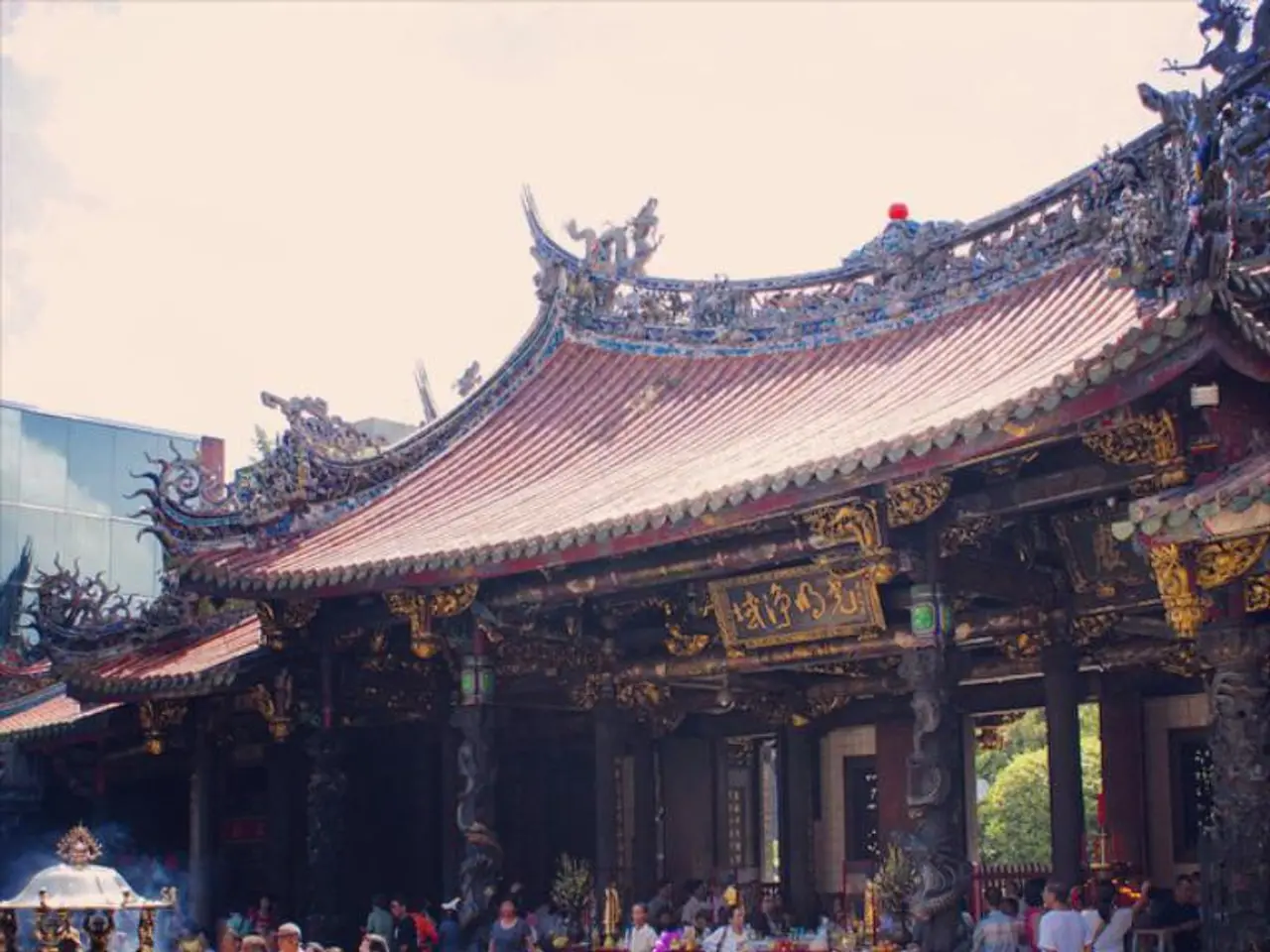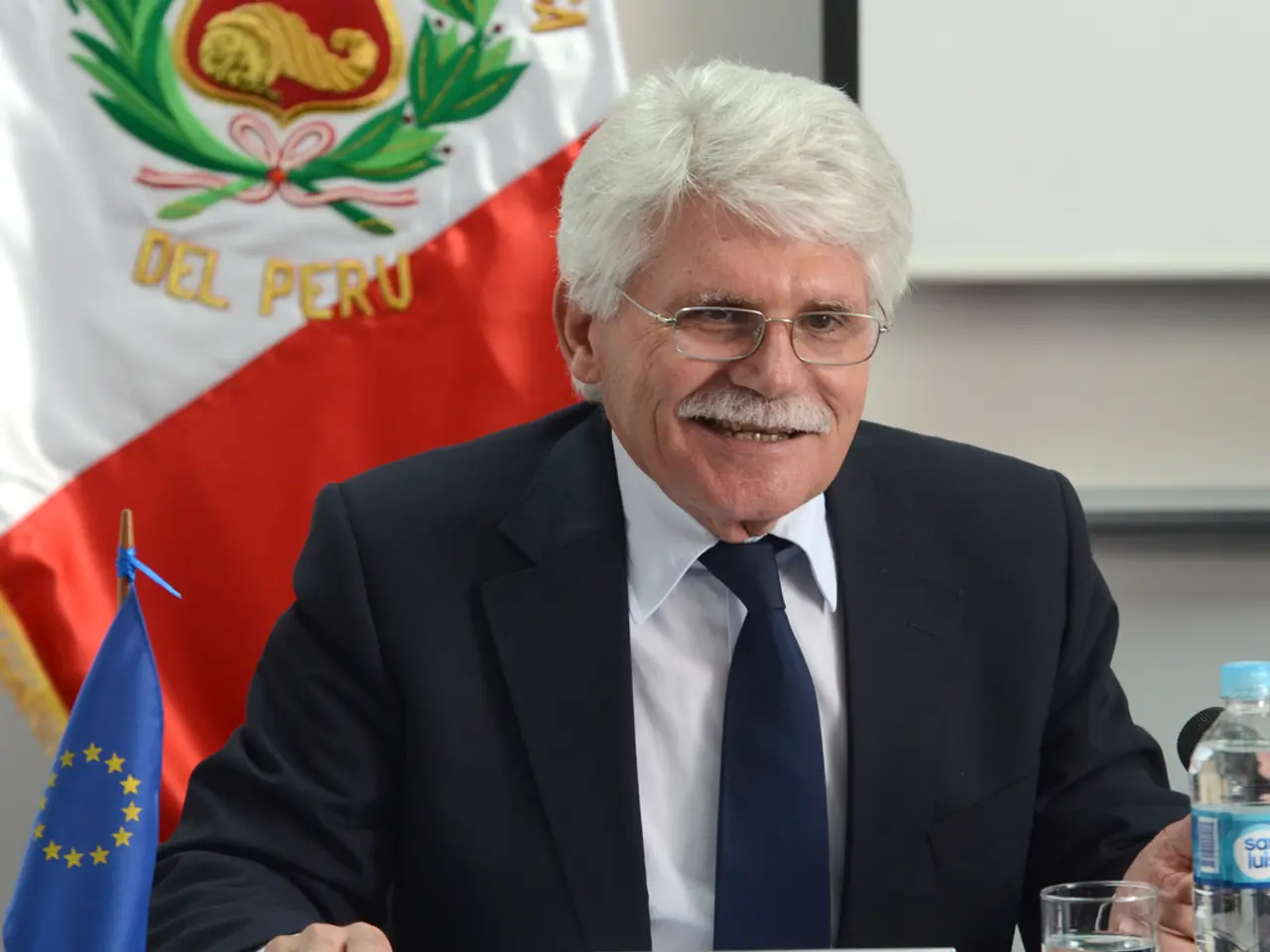Social Media Misinformation Troubles Political Parties in 2025
### Japanese Political Parties Grapple with False Information on Social Media During House of Councillors Election
As the House of Councillors election on July 16, 2025, approaches, Japanese political parties are facing the challenge of combating the spread of false information on social media platforms.
#### Joint Calls for Action
In response, seven major parties, including the ruling Liberal Democratic Party (LDP) and the main opposition Constitutional Democratic Party, have issued a joint statement urging digital platforms to take stronger measures against disinformation, misinformation, and defamation. They emphasized that such content threatens the fairness and impartiality of elections and are pressing platforms to improve their content moderation efforts [1][2][4].
The parties have also called on voters to critically assess the sources and authenticity of information they encounter online, reflecting a shared concern about the impact of social media’s monetization system on the spread of misleading content [1][2][4]. Japan’s Ministry of Internal Affairs and Communications has directly appealed to nine major platform operators, including X (formerly Twitter) and Line, to clarify and expedite procedures for reporting and removing harmful content, and to disclose their moderation standards [4].
#### Ongoing Challenges and Limited Consensus
Despite these efforts, discussions during the regular Diet session did not yield new legislation or regulatory agreements ahead of the election [3]. Efforts to fact-check and counter false information remain primarily ad hoc, involving fact-checking organizations and individual party members taking to social media to correct misleading posts. For instance, the Japan Fact-Check Center debunked a viral, manipulated video falsely accusing Prime Minister Shigeru Ishiba of threatening a newscaster, and a Constitutional Democratic Party incumbent publicly challenged an AI-generated video falsely attributed to them [3][5].
Some parties have proposed asking candidates to submit oaths to prevent “two-horsepower” campaigns (where a candidate runs mainly to help another win), but these discussions are ongoing and have not led to formal adoption [1][2].
#### Summary Table: Current Measures and Gaps
| Measure Attempted | Status/Outcome | Challenges | |----------------------------------|-------------------------------------------------|-------------------------------------| | Platforms urged to act | No binding requirements, only voluntary action | Limited platform transparency | | Voters encouraged to verify info | Public awareness campaigns | Difficult to scale, variable impact | | Fact-checking by NGOs/candidates| Ad hoc, reactive debunking | Reactive, not preventative | | Legislative action considered | No new laws passed; ongoing discussion | Political consensus lacking |
#### Conclusion
Japanese political parties have responded to the threat of false information by issuing joint appeals to platforms, urging greater public vigilance, and supporting fact-checking efforts. However, the lack of legislative or regulatory progress means the response remains largely symbolic and reactive, with platforms and civil society bearing much of the burden [1][3][4]. The issue will likely remain a major topic of debate as parties continue to seek effective solutions in a rapidly changing digital landscape.
It is not clear whether other false posts or disinformation have also been circulating during the election campaign, but a recent example involved a false post claiming that Prime Minister Shigeru Ishiba threatened a newscaster on a Nippon Television Network Corp. program on July 1. Parliamentary discussions on the issue were shelved during this year's ordinary Diet session that ended last month.
- In an effort to combat the spread of false information during the House of Councillors election, social media platforms are being urged to take stronger measures against disinformation, misinformation, and defamation by seven major Japanese political parties.
- The ongoing challenge in the digital landscape is scaling public awareness campaigns to encourage voters to verify the sources and authenticity of the information they encounter on social media, as these efforts have shown varying impact.
- During the election, false information circulated on social media platforms, such as a manipulated video falsely accusing Prime Minister Shigeru Ishiba of threatening a newscaster, which was debunked by the Japan Fact-Check Center.








